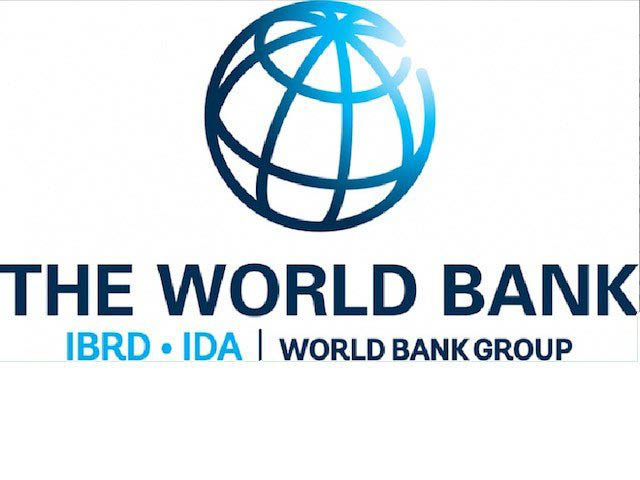For all the unabated social and economic pressures impacting job retention and income earnings this year arising primarily out of responses to the coronavirus pandemic, the World Bank is still forecasting a more than meagre increase in remittance flows to Latin America for 2021. On Monday the Bank made public its projection that it expects remittance flows to register a 7.3% growth in 2021 over last year. The increase in remittance flows, the Bank says, will be triggered mostly by transfers to Latin America by migrants in the United States.
According to the World Bank report, remittance transfers to Latin America and the Caribbean are forecast to have increased by 21.6 per cent year-to-date, a circumstance which it says is due primarily to migrants’ concerns about the well-being of dependents in the region arising out of the still rampaging COVID-19 pandemic and the imminent arrival of the hurricane season and its aftermath.
The projection amounts to a radical departure from an earlier one, indicating that remittances to the region would drop by around 20% this year, the upward adjustment reflecting the Bank’s readjustment of its earlier projections regarding the well-being of the remitters in the US.
The adjusted remittance flow to the region, the Bank says, will likely push the annual remittance flow to a new high of US$126 billion this year, an amount that represents a 21.6 per cent increase in remittance flows over 2020. Compared to 2020, Mexico, the region’s largest remittance recipient, received 42 per cent ($52.7 billion) of the regional total last year.
The extent of the region’s dependence on remittance flows from the US is reflected in the fact that the value of remittances as a share of gross domestic product (GDP) exceeds 20 per cent for several smaller economies, including El Salvador (26.2 per cent), Honduras (26.6 per cent), Jamaica (23.6 per cent), and Guatemala (18 per cent).
The significance of global remittance flows is reflected in the fact that for the second consecutive year remittance flows to low-income countries are projected to exceed the amounts of Foreign Direct Investment and overseas development assistance (ODA). Significant amounts of remittances are channeled directly into survival-related pursuits including household spending on essential items including food, health care and education though what is widely believed to be remittance spending on entertainment here in the Caribbean has been widely criticised by observers.
World Bank Director for Social Protection and Jobs, Michal Rutkowski, is quoted as saying that “remittance flows from migrants have greatly complemented government cash transfer programmes to support families suffering economic hardships during the COVID-19 crisis. Facilitating the flow of remittances to provide relief to strained household budgets should be a key component of government policies to support a global recovery from the pandemic.”









